- Home Page
- More RVing Tips & Tricks
- Mastering the Art of Rv Boondocking
Mastering the Art of RV Boondocking
Mastering the Art of RV Boondocking will Unleash the Thrills of Boondocking and help you Embrace the Great Outdoors Like Never Before.
RV boondocking is an exciting and adventurous way of exploring the great outdoors while enjoying the comforts of your recreational vehicle. It allows you to camp off-grid, away from established campgrounds and amenities, and experience nature in its purest form. In this article, we will discuss mastering the art of RV boondocking, covering everything from its definition to essential equipment, safety considerations, tips for success, and common challenges you may encounter along the way.
What is RV Boondocking?
RV boondocking is the practice of camping in your recreational vehicle (RV) without relying on external hookups or amenities. Instead of staying at established campgrounds with water, electricity, and sewage hookups, boondockers seek remote locations where they can enjoy nature and solitude. These locations can include public lands, national forests, Bureau of Land Management (BLM) areas, and even private lands with permission.
Advantages of RV Boondocking
Cost
Savings
One of the main advantages of RV boondocking is the significant cost savings compared to staying at traditional campgrounds or RV parks. Boondocking allows you to avoid daily campground fees, which can add up quickly, especially during peak travel seasons. You can minimize expenses and extend your travel budget by relying on your RV's self-sustaining systems, such as solar power and onboard water storage.
Freedom and Flexibility
RV boondocking provides unparalleled freedom and flexibility. Instead of being tied to specific campgrounds or reservations, you can choose your destination and stay for as long as you desire. You can change plans on a whim, explore remote areas, and immerse yourself in the natural beauty surrounding you.
Closer to Nature
For nature enthusiasts, RV boondocking offers a unique opportunity to get closer to nature. By camping in remote areas, you can wake up to breathtaking landscapes, enjoy tranquil surroundings, and experience wildlife encounters that are often absent in crowded campgrounds. It's a chance for you to disconnect from the city and connect with the beauty of the great outdoors
Essential Equipment for RV Boondocking
To fully enjoy your RV boondocking experience, having the right equipment is essential. Here are some key items to consider:
Solar Panels
Investing in solar panels can provide a reliable source of electricity when you're off-grid. Solar power allows you to charge your RV's batteries, run appliances, and power your devices. It's a sustainable and cost-effective solution for long-term boondocking.
Generators
While solar panels are excellent for harnessing the sun's energy, a backup generator can come in handy during cloudy days or when you need to power high-energy appliances. You should choose a quiet and fuel-efficient generator to minimize noise and conserve resources
Freshwater and Waste Management
Boondocking often means limited access to water and sewer hookups. Consider increasing your freshwater storage capacity with additional tanks or portable water containers to overcome this. Efficient waste management systems, such as composting toilets or portable waste tanks, will help you properly dispose of waste without harming the environment.
Communication and Navigation Tools
When venturing into remote areas, reliable communication and navigation tools are crucial. Ensure you have a reliable cell phone signal booster, a GPS device or app, and appropriate maps to navigate unfamiliar terrain. A two-way radio or satellite communication device can also be vital in emergencies.
Choosing the Right Boondocking Location
Selecting the perfect boondocking location requires research, planning, and area knowledge. The tips listed below will help you find the right boondocking spot:
Researching and Planning
Utilize online resources, forums, and apps specifically designed for RV boondockers to find suitable locations. Read reviews, gather information about road conditions, and check for any permits or regulations that may apply. Planning ahead will ensure a smoother and more enjoyable experience.
Government and Public Lands
Government-owned public lands, such as BLM areas, national forests, and wildlife management areas, often provide excellent boondocking opportunities. Research the specific regulations and time limits for each site, as they vary.
National Parks and Forests
Some national parks and forests offer designated boondocking sites or dispersed camping areas. These locations usually have limited amenities, but they provide a chance to experience the beauty of these protected lands while enjoying solitude.
Private Lands and Campgrounds
In some cases, private landowners or campgrounds allow boondockers to stay on their property for a fee or with permission. These options may provide additional amenities like hookups or access to facilities, but they still offer a sense of seclusion compared to traditional campgrounds.
Safety
Considerations for RV Boondocking
While RV boondocking is generally safe, being prepared and aware of potential risks is essential. Here are some safety considerations:
Emergency Preparedness
Before embarking on your boondocking journey, ensure you have a well-stocked first aid kit, emergency supplies, and a plan in case of medical emergencies or unexpected events. Familiarize yourself with basic first aid procedures and have emergency contact numbers readily available.
Wildlife Encounters
When boondocking in remote areas, you may encounter wildlife. Respect their habitats and keep a safe distance. Store food securely to avoid attracting animals, and follow guidelines provided by park rangers or local authorities.
Personal Security
While boondocking, it's essential to prioritize personal security. Choose well-lit and populated areas for overnight stays and be cautious of your surroundings. Lock your RV when you're away and be mindful of any suspicious activities or individuals.
Leave No Trace Principles
Responsible boondocking involves following Leave No Trace principles to minimize environmental impact. Here are some essential principles to keep in mind:
Respect the Environment
Make sure not to damage or disturb the natural surroundings. Avoid cutting down trees, damaging vegetation, or disrupting wildlife habitats. Leave the area like you found it, or even better, cleaner than when you arrived.
Proper Waste Disposal
Dispose of waste properly to protect the environment and maintain hygiene. Take out what you took in, including trash and any non-biodegradable materials. Use designated dump stations or follow guidelines for waste disposal in the area.
Minimize Noise and Light Pollution
Be considerate of other boondockers and wildlife by reducing noise levels. Respect quiet hours and avoid excessive use of generators or loud activities. Similarly, minimize light pollution by using low-intensity lighting and avoiding unnecessary outdoor lighting.
Tips
for a Successful RV Boondocking Experience
Here are some helpful essential tips to make the most of your RV boondocking adventure:
Conservation and Energy Efficiency
Practice energy conservation by using LED lights, limiting unnecessary electricity usage, and maximizing the efficiency of your appliances. Conserve water by taking shorter showers, reusing water when possible, and fixing any leaks promptly.
Water Management
Monitor your freshwater and wastewater levels carefully. Consider investing in water-saving devices like low-flow faucets and showerheads. Be mindful of your gray and black tank capacities to avoid overflows and ensure proper waste management.
Connectivity and Internet Access
While boondocking is often about disconnecting from the digital world, having reliable connectivity can be beneficial in emergencies or when you need to stay in touch. Invest in signal boosters, satellite internet, or mobile hotspot devices to improve your chances of staying connected in remote areas.
Community and Social Interaction
Boondocking doesn't mean isolating yourself completely. Engage with fellow boondockers and build a sense of community. Share experiences, knowledge, and resources. Respect others' privacy while remaining open to friendly conversations and assistance when needed.
Common Challenges and Solutions
Boondocking comes with its fair share of challenges. Here are a few common ones and potential solutions:
Limited Resources and Amenities
Resources like water, electricity, and groceries may be limited when boondocking. Plan and conserve resources accordingly. Practice self-reliance by utilizing solar power, generators, and sustainable practices.
Weather Conditions
Weather conditions can pose challenges during RV boondocking. Be prepared for extreme temperatures, storms, or unexpected weather changes. Monitor weather forecasts and have appropriate clothing, equipment, and emergency supplies to ensure your safety and comfort.
Finding Suitable Dump Stations
Disposing of waste can be a challenge when boondocking. Research and plan ahead to locate nearby dump stations or alternatives for emptying your tanks. Some campgrounds, gas stations, or RV service centers may offer dump stations services for a fee.
Conclusion
Mastering the art of RV boondocking allows you to embrace a unique and adventurous lifestyle. By understanding the essence of boondocking, equipping yourself with the right tools, selecting suitable locations, prioritizing safety, and practicing responsible camping, you can enjoy the freedom and extraordinary beauty of the great outdoors while minimizing your environmental impact.
Boondocking opens up a world of exploration and self-sufficiency, allowing you to connect with nature, create lasting memories, and experience the serenity of off grid living. So, pack your bags, plan your route, and embark on an unforgettable RV boondocking adventure.
Frequently Asked Questions
Is boondocking legal?
Is boondocking legal?
Boondocking is legal in many public lands, national forests, and BLM areas. However, it's essential to research and follow specific regulations and time limits for each location.
Do I need a special RV for boondocking?
Do I need a special RV for boondocking?
While not necessary, having a self-contained RV with solar panels, larger freshwater and waste tanks, and off-road capabilities can enhance your boondocking experience.
How do I find boondocking locations?
How do I find boondocking locations?
Online resources, boondocking apps, and RV forums are excellent sources for finding boondocking locations. Additionally, guidebooks and maps specific to boondocking can be helpful.
What should I do in case of an emergency while boondocking?
What should I do in case of an emergency while boondocking?
Make sure you have a well-stocked first aid kit, emergency supplies, and communication devices. Familiarize yourself with nearby emergency services and have a plan for contacting them if needed.
Can I boondock with a large RV?
Can I boondock with a large RV?
While it may require more planning, larger RVs can still enjoy boondocking. Research and choose locations that can accommodate the size of your RV and provide convenient access.
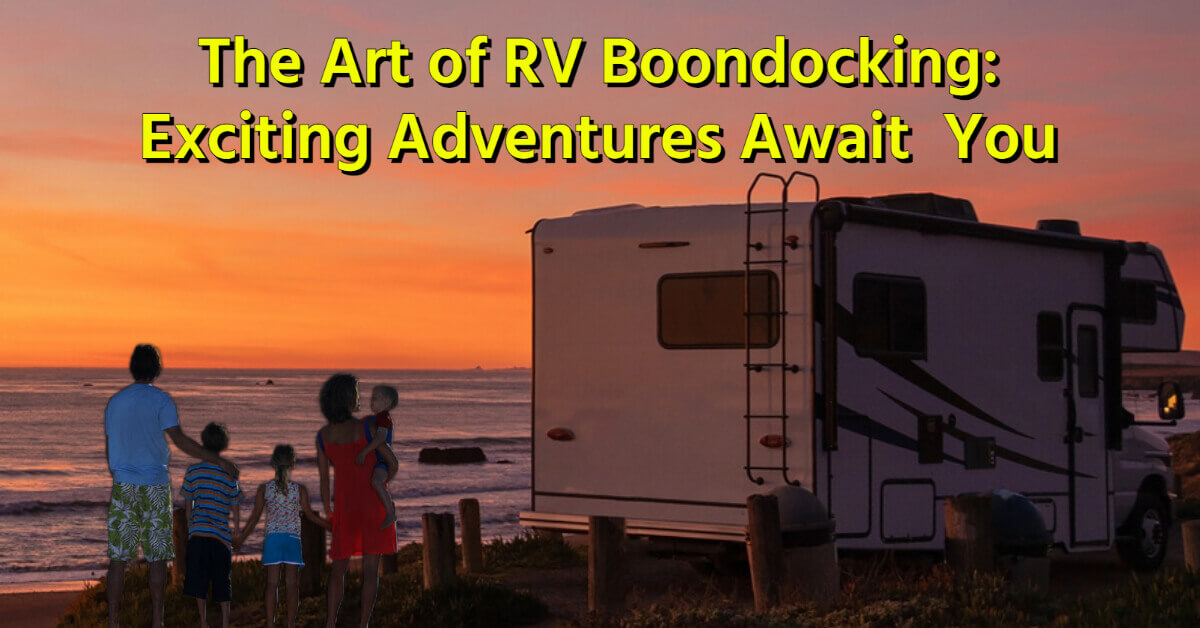
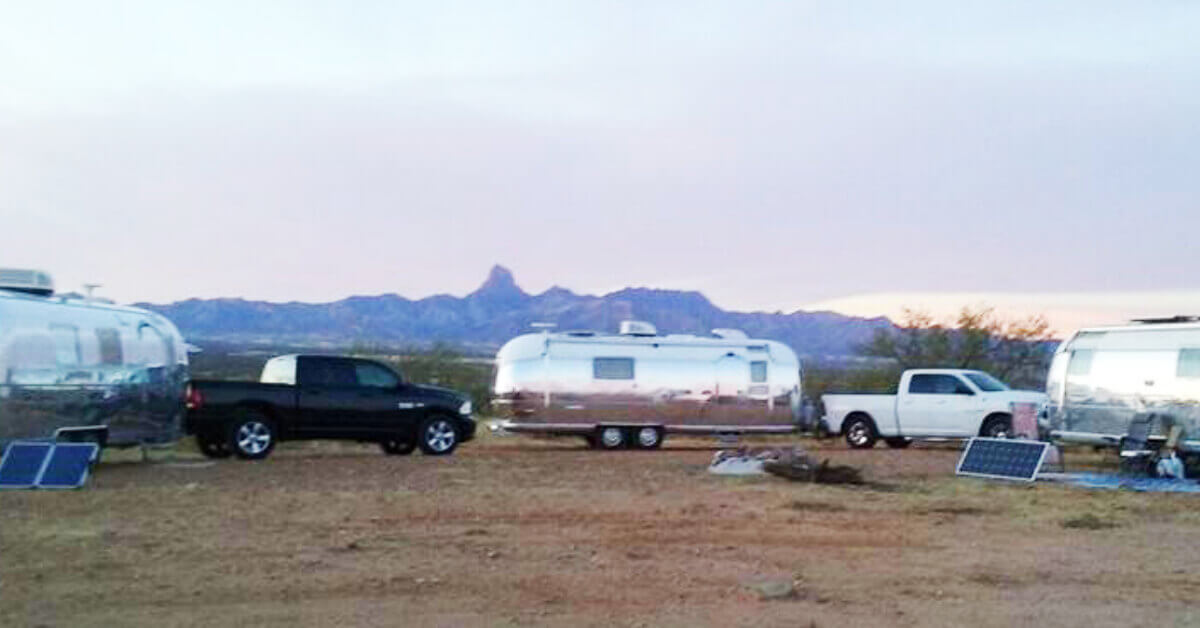
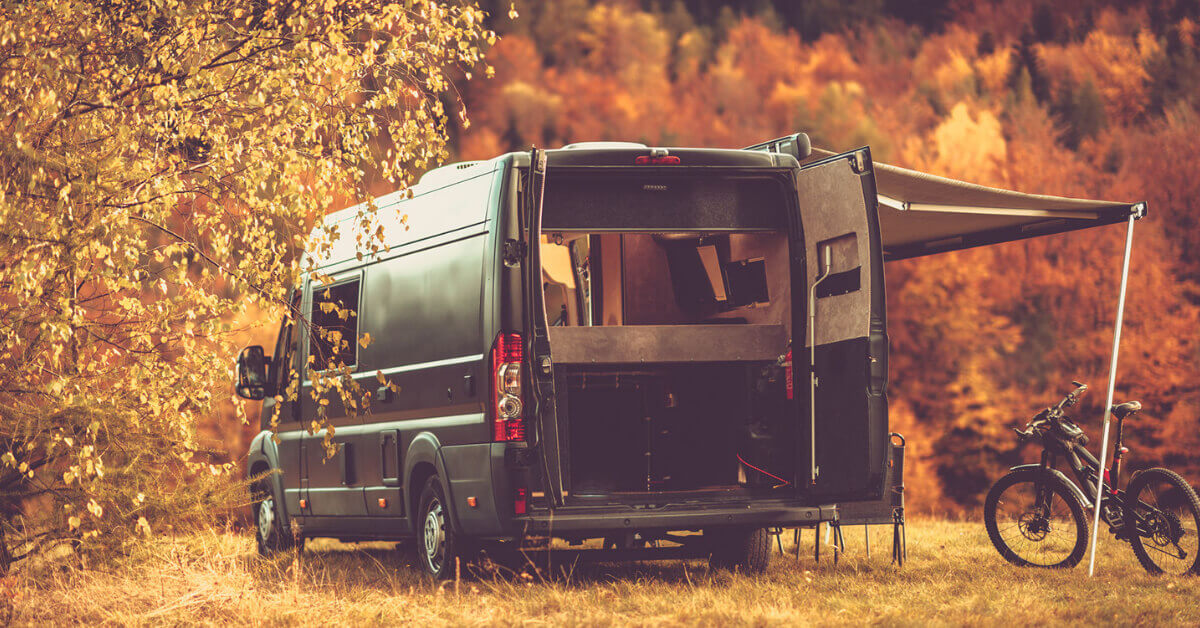
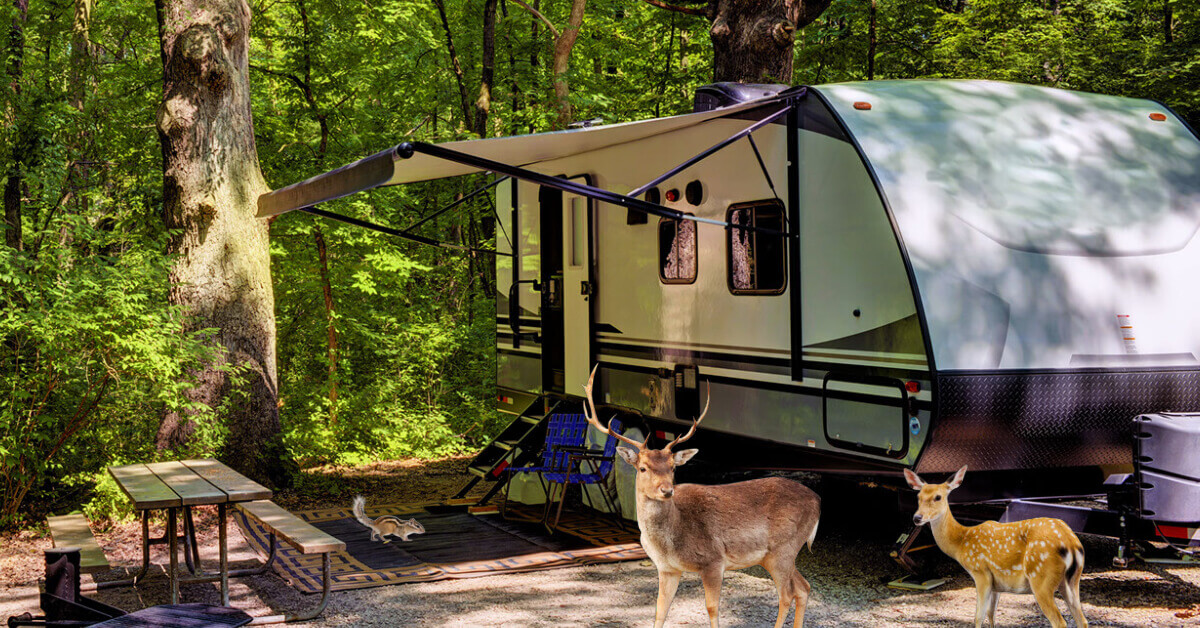
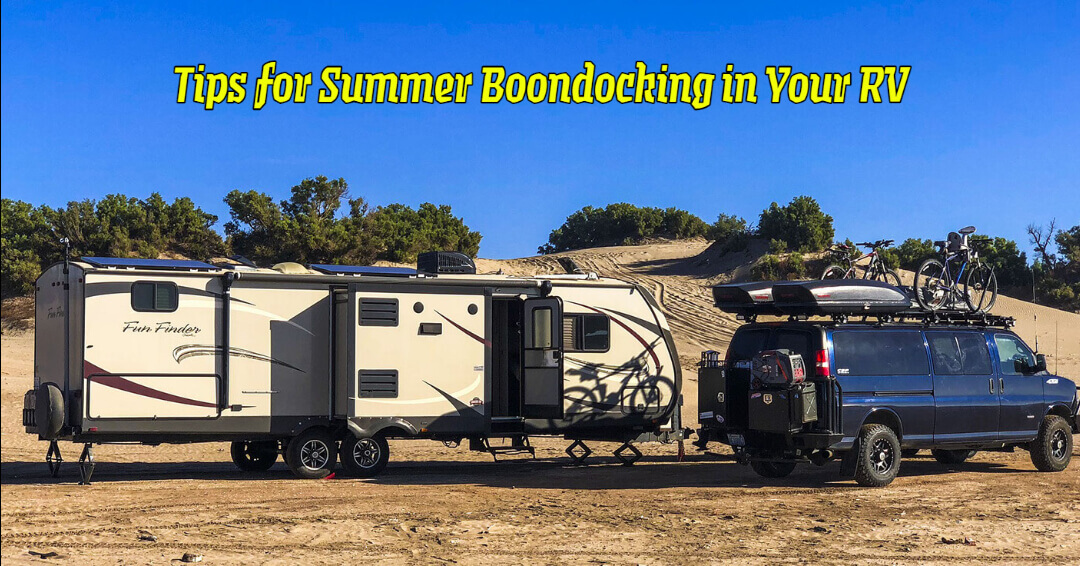

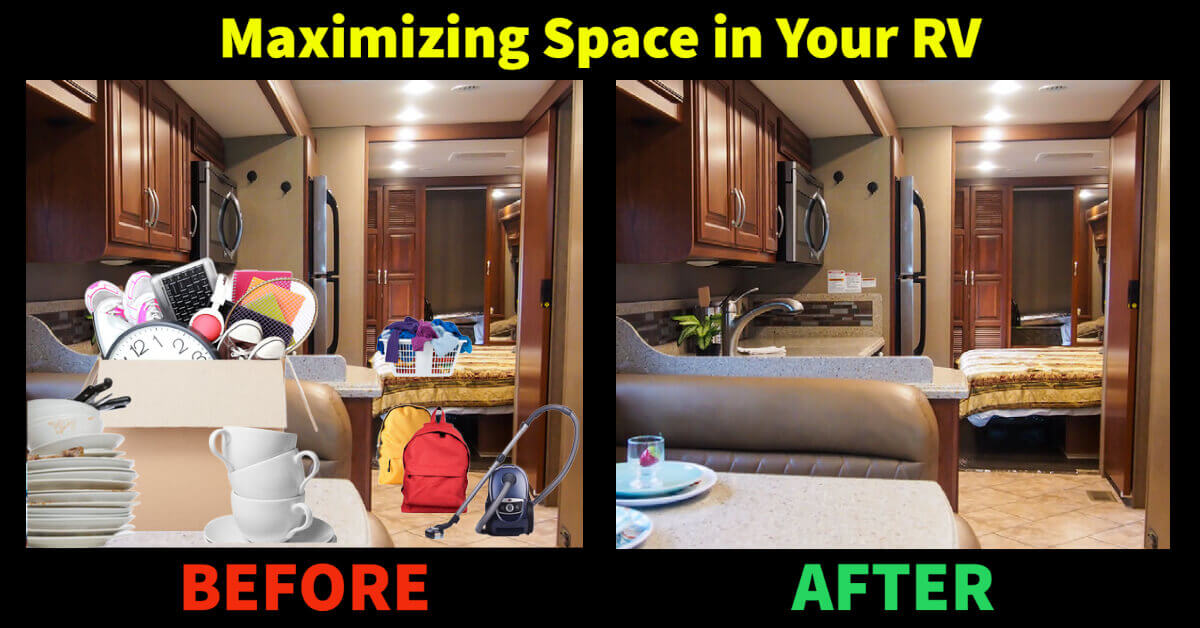
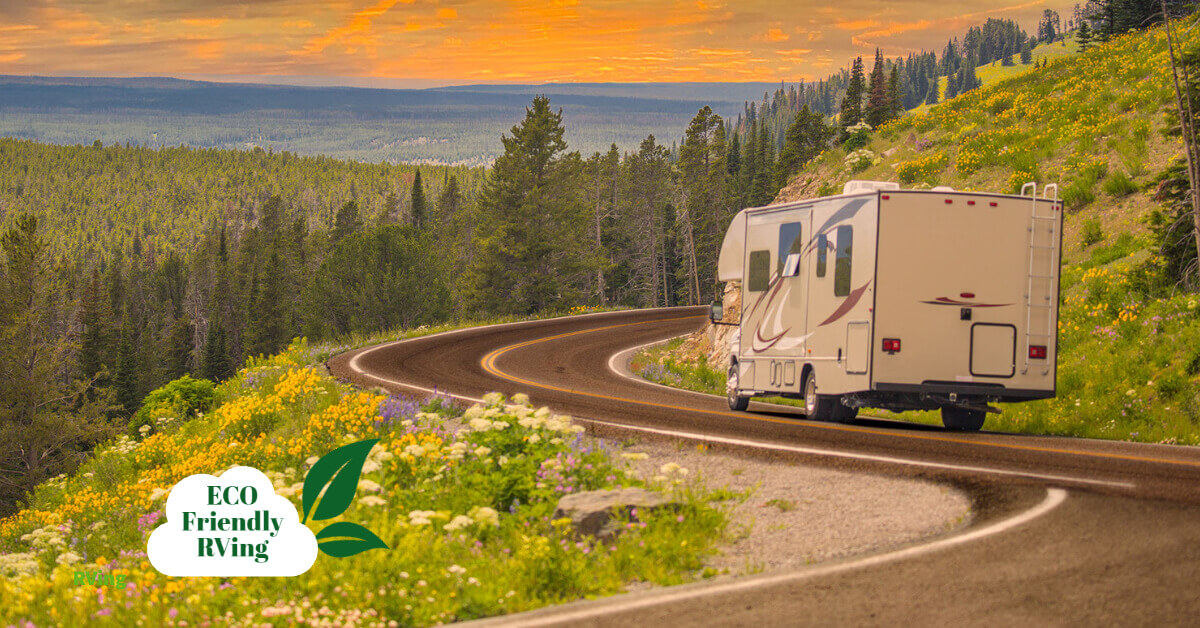
Comments
Do you have a comment on this topic? You can leave your comment in the box below.